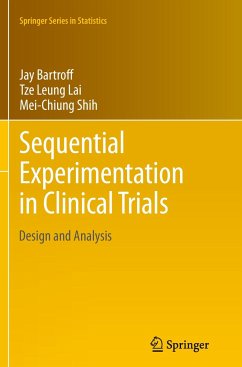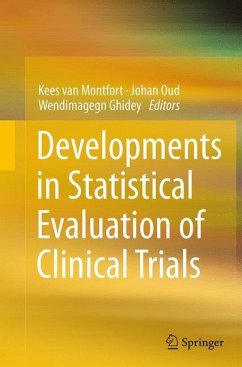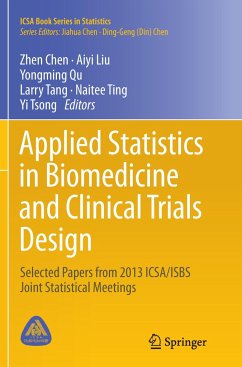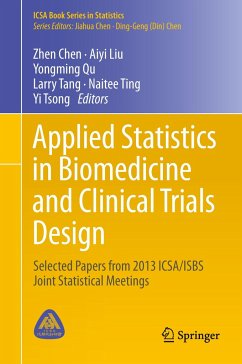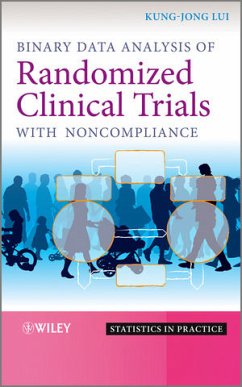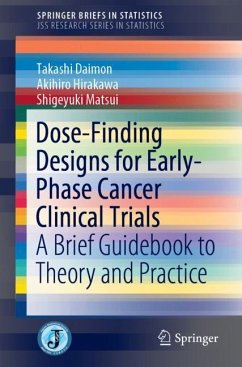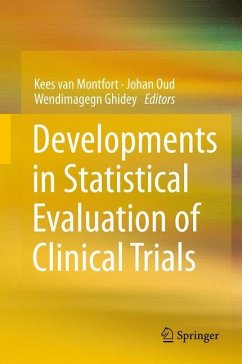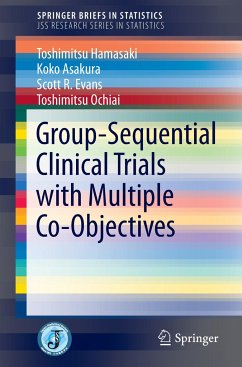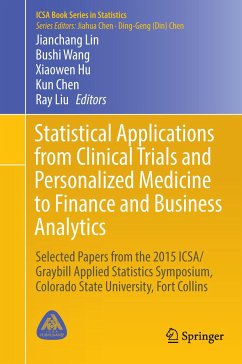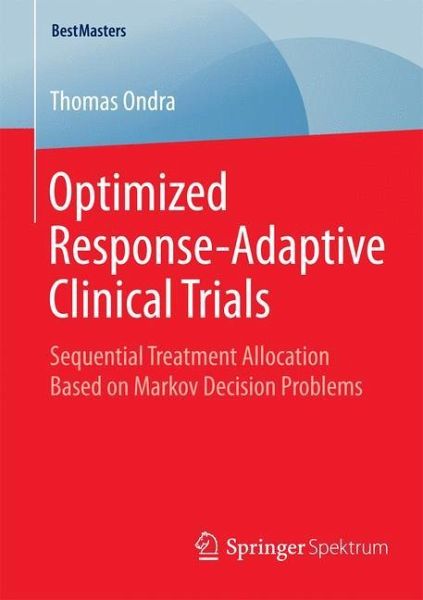
Optimized Response-Adaptive Clinical Trials
Sequential Treatment Allocation Based on Markov Decision Problems

PAYBACK Punkte
19 °P sammeln!
Two-armed response-adaptive clinical trials are modelled as Markov decision problems to pursue two overriding objectives: Firstly, to identify the superior treatment at the end of the trial and, secondly, to keep the number of patients receiving the inferior treatment small. Such clinical trial designs are very important, especially for rare diseases. Thomas Ondra presents the main solution techniques for Markov decision problems and provides a detailed description how to obtain optimal allocation sequences.





